When researching on mental health awareness, ‘The Gut-Brain Connection’ from the Gut and Psychology Syndrome series is important.
After publishing Gut and Psychology Syndrome, the post quickly picked up speed with views and interest. To be honest, I wasn’t sure; now I’m extremely confident that people totally get the gut-brain connection.
In her book, Gut and Psychology Syndrome, Dr. Natasha Campbell-McBride has an entire chapter (chapter 6) called, The Gut-Brain Connection.
I hope you’ll find it as fascinating as I did.
The Gut-Brain Connection
Click HERE to save this post for later.
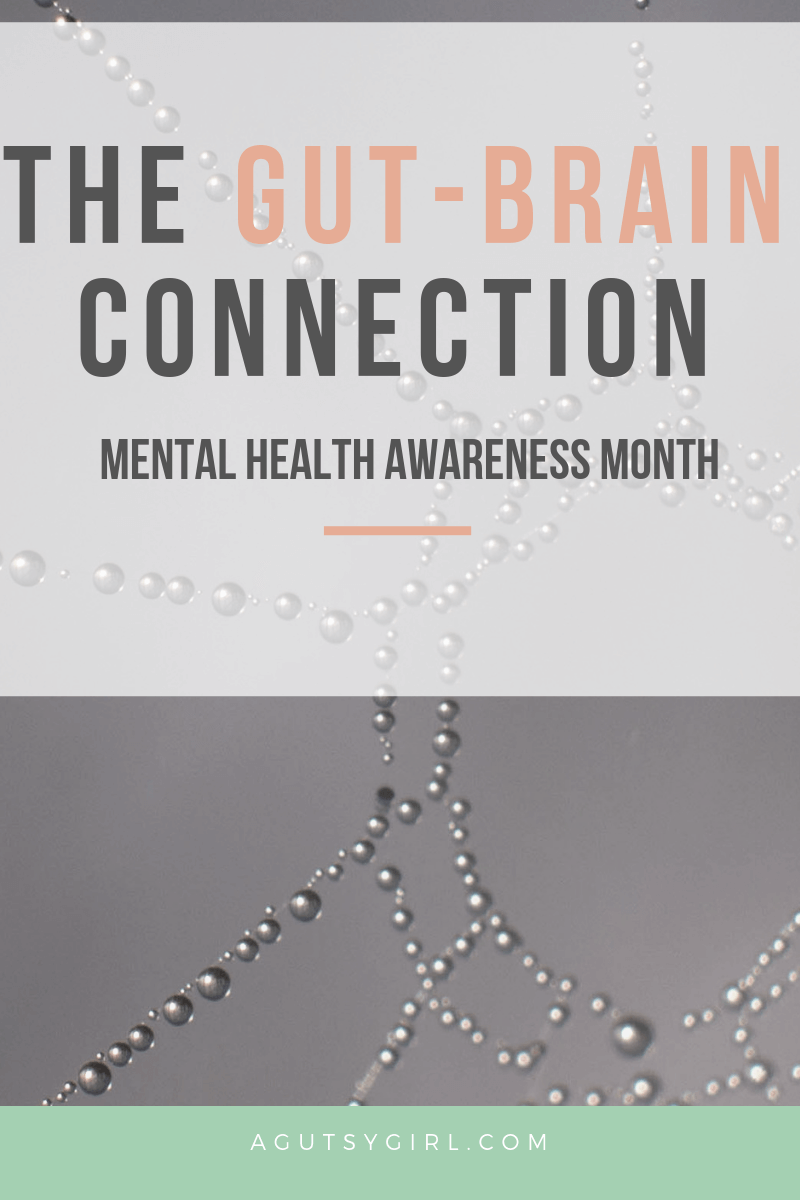
At the beginning of the chapter, Dr. Natasha talks about how modern medicine has divided us, human beings, into different systems and areas and thus different specialties have been created (i.e. cardiology, gastroenterology, gynecology, etc.)
Even before I continued reading the chapter, I knew exactly where she was going with it.
The problem?
Modern medicine separated us into parts and pieces vs. viewing the body as a whole.
To modern medicine’s defense, it would be nearly impossible to be an expert on every single organ that exists in the body.
But on the flip side, without looking at the whole body as one vs. individual pieces, could real, true, and underlying problems ever be found?
Read more on this via The Beginner’s Guide to Digestive Health Testing
Dr. Natasha begins,
One area of medicine is particularly prone to look at its organ separately from the rest of the body. That area is psychiatry. Mental problems are examined from all sorts of angles: genetics, childhood experiences and psychological influences. The last thing that would be considered is looking at the patient’s digestive system. Modern psychiatry just does not do that. And yet medical history has plenty of examples, where severe psychiatric conditions were cured by simply “cleaning out” the patient’s gut. A renowned Japanese Professor Kazudzo Nishi has estimated that at least one in ten psychiatric conditions are due to self-intoxication coming from the bowel.
“Alcohol” and the Gut-Brain Connection
No, I’m not talking about children and/or adults knowingly drinking alcohol.
Instead, what Dr. Natasha describes is a process by which our bodies can make alcohol on its own.
- We know that due to various factors GAPS children and adults develop an overgrowth of pathological flora in their bodies. One group of these pathogens, almost without exception, are yeasts, including Candida species. (Review: Candida Overgrowth HERE.)
- Candida highjacks the glucose and digests it in a different way, called alcoholic fermentation. If you read the full chapter in Gut and Psychology Syndrome you will see, then, the correlation between how carbohydrate meals can leave a GAPS patient feeling permanently “drunk.”
- Overgrowing yeast in a pregnant woman would produce alcohol and its by-products, affecting the child’s development.
- Alcohol is extremely toxic for the body; you might be producing it without even knowing.
- Alcohol and acetaldehyde render a lot of essential nutrients useless in the body.
“Drugs” and the Gut-Brain Connection
Similar to alcohol, there is a process by which food is not properly digested and in turn mimics a chemical structure similar to various drugs.
- In the bodies of GAPS people the proteins from gluten and casein do not get digested properly and turn into substances with similar chemical structures to opiates, like morphine and heroin.
- These opiates from grains and milk are though to get through the blood-brain barrier and block certain areas of the brain, just like morphine or heroin would do…..and the answer to why is hidden in the digestive system.
- GAPS people commonly have low stomach acidity due to abnormal gut flora and an overgrowth of pathogenic flora.
- Dr. J Robert Cade from the University of Florida said in an interview with Health Science Centre in March 1999, “We think that with autism and schizophrenia, the basic disorder is in the intestine, ad these individuals are absorbing beta-casomorphin-7 that they normally should break down in the body as amino acids, rather than peptide chains up to 12 amino acids long.”
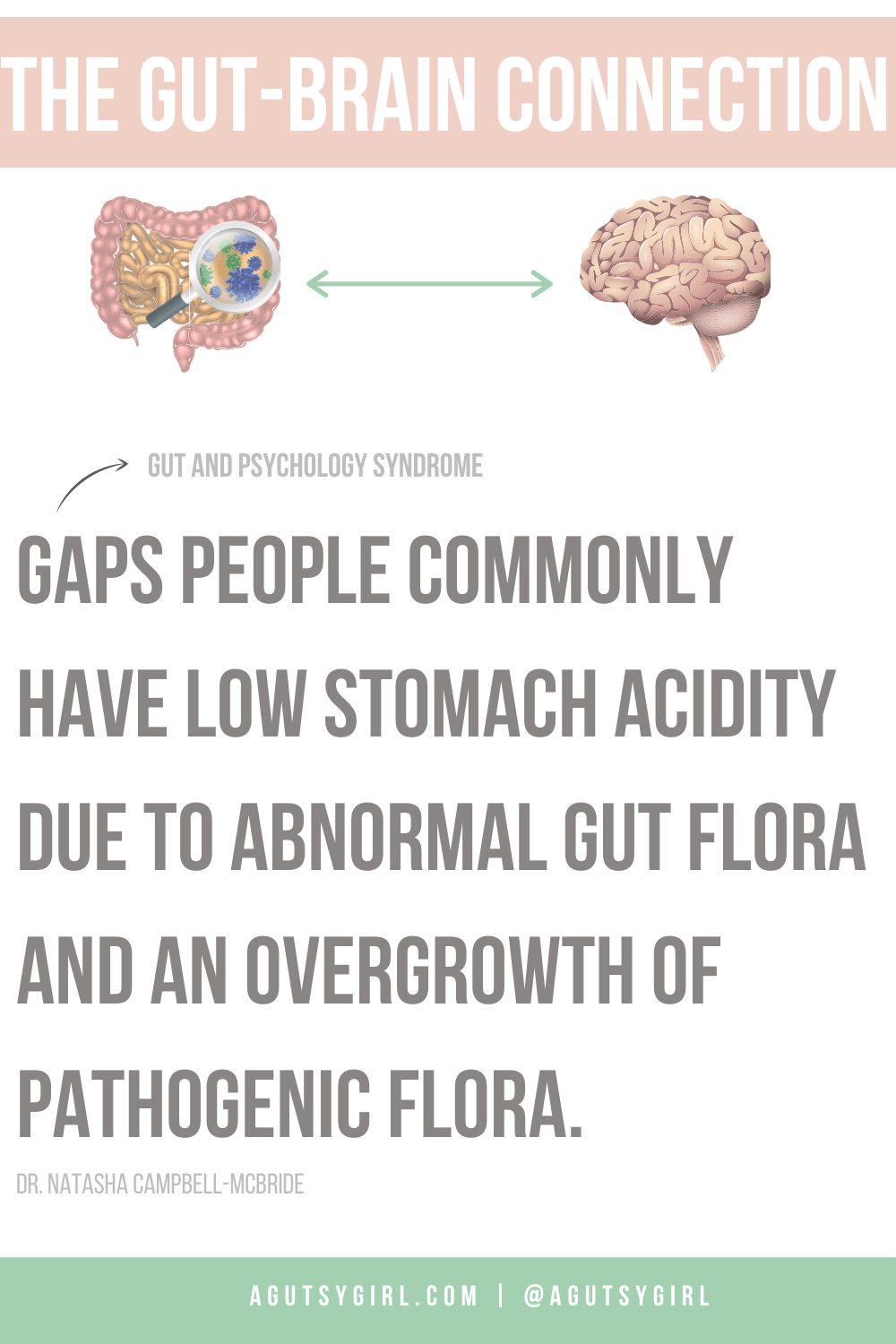
When thinking about the gut-brain connection, the research goes far beyond than what most can fathom.
I mean, did you know all of the above?
But here’s where I’ll leave this all today: What is the solution? Is diet the only solution for healing the gut-brain connection?
This is no one solution.
If you like this conversation, you’ll love the podcast episode I recorded with Alison Seponara on anxiety and the gut.
If you liked this post, you might also enjoy:
- Is Stress Causing My Digestive Distress?
- Endocannabinoid System and Your Gut
- About the Large Intestine
Xox,
SKH
🤰 bloating be gone! weight loss through optimal gut health for women
💃ʜᴇᴀʟ ʏᴏᴜʀ ɢᴜᴛ. ʜᴇᴀʟ ʏᴏᴜʀ ʟɪfe.
🫶🏻 founder gutbyome.com


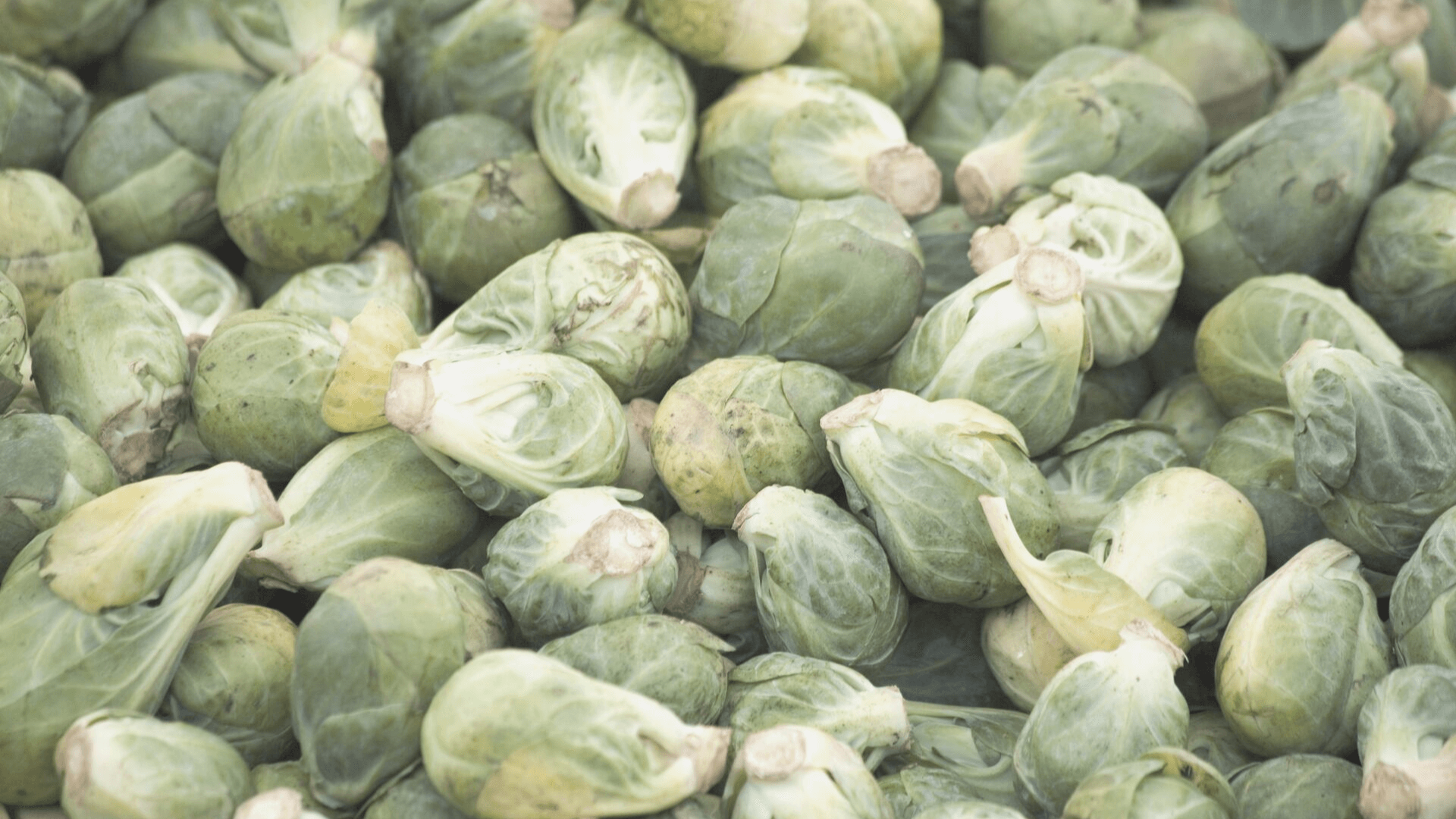

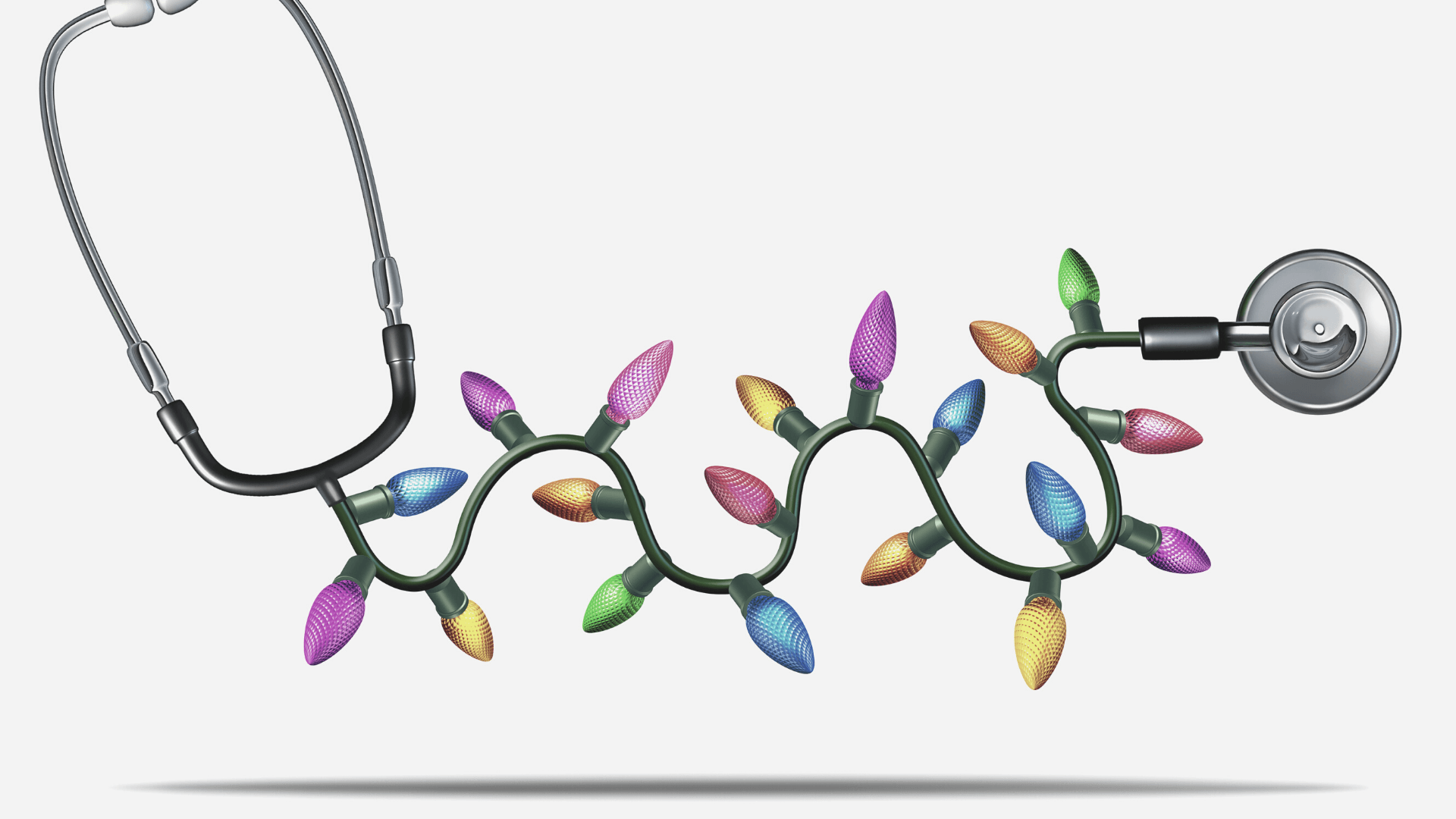
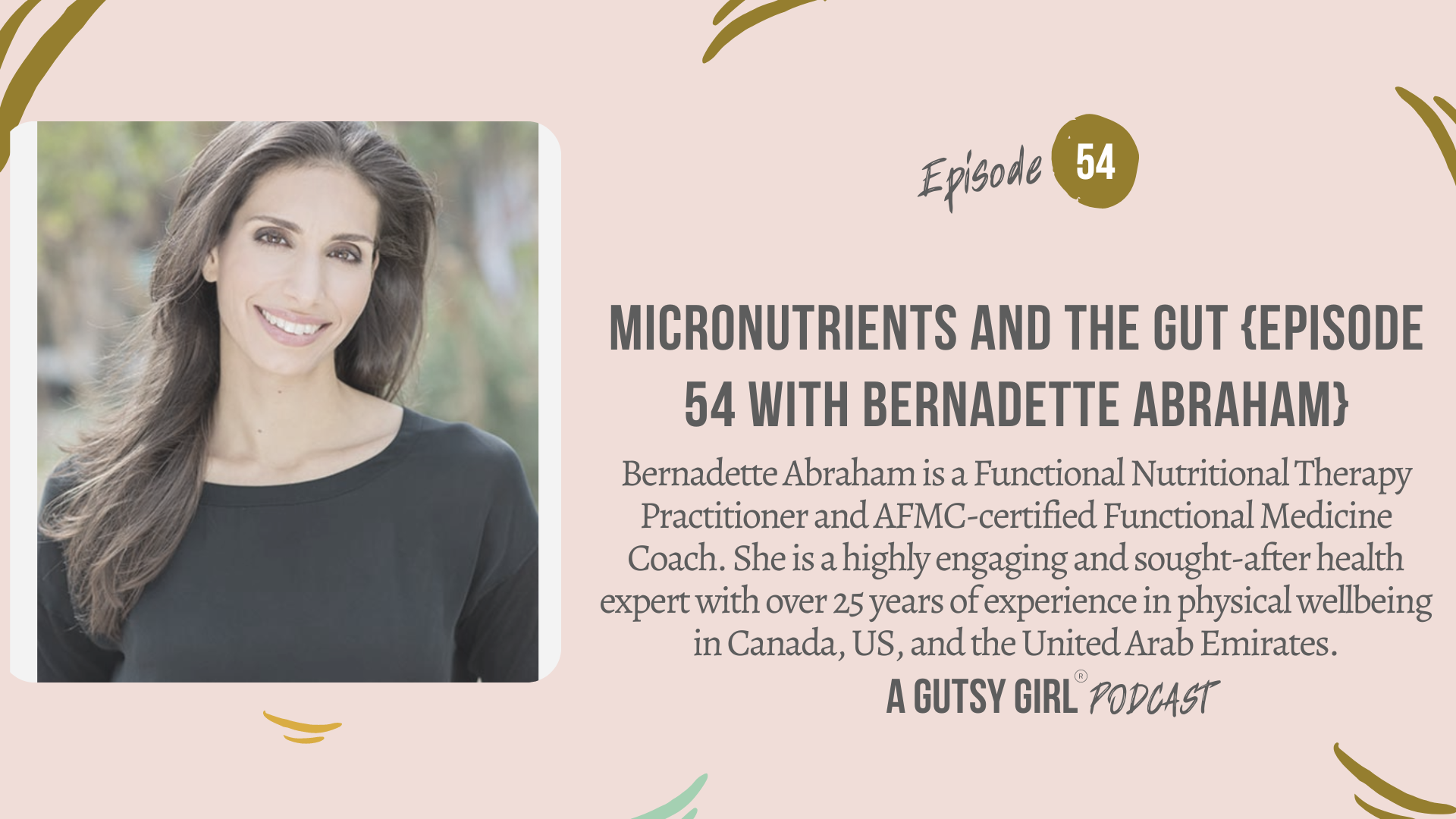
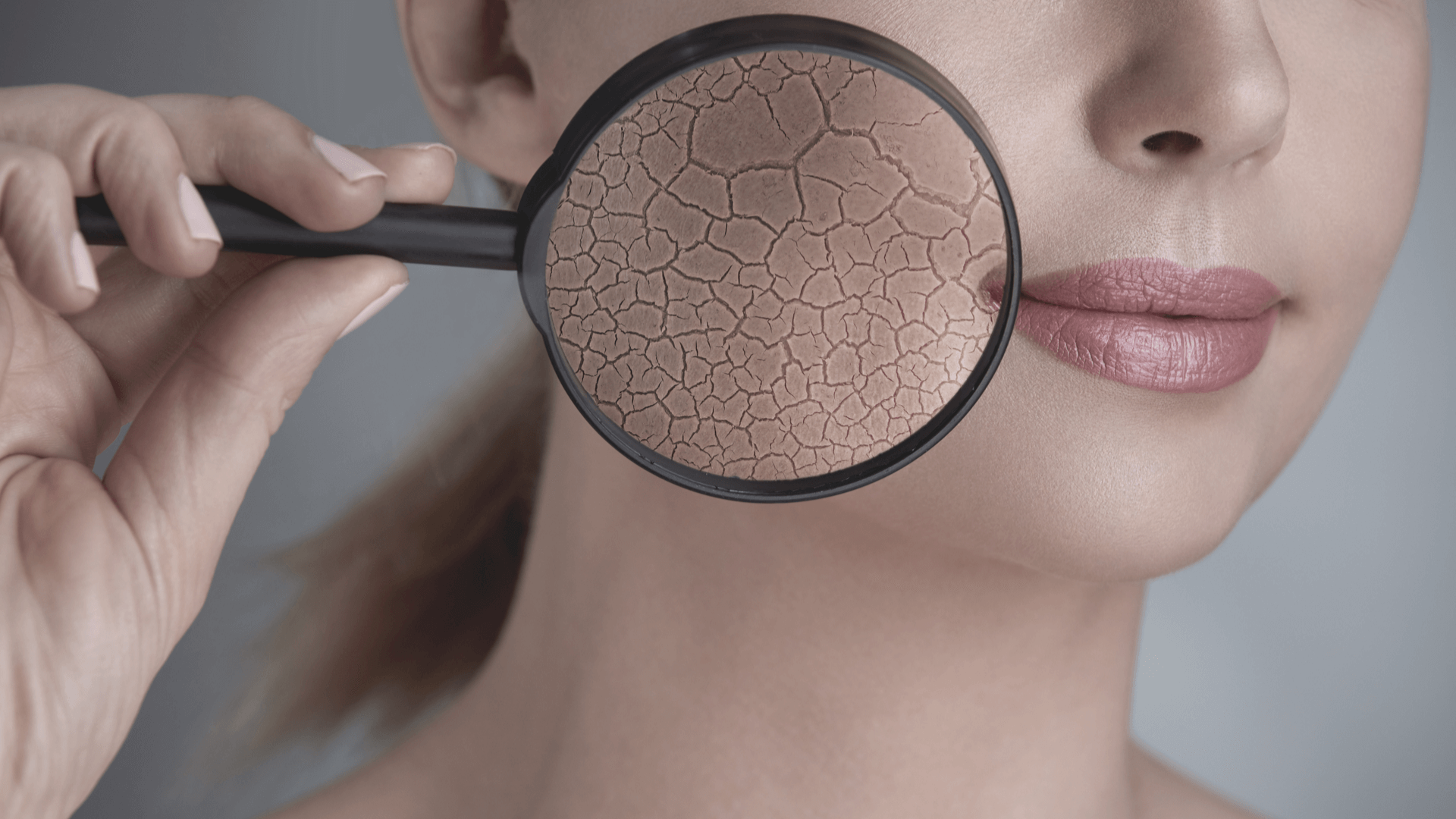
3 Comments